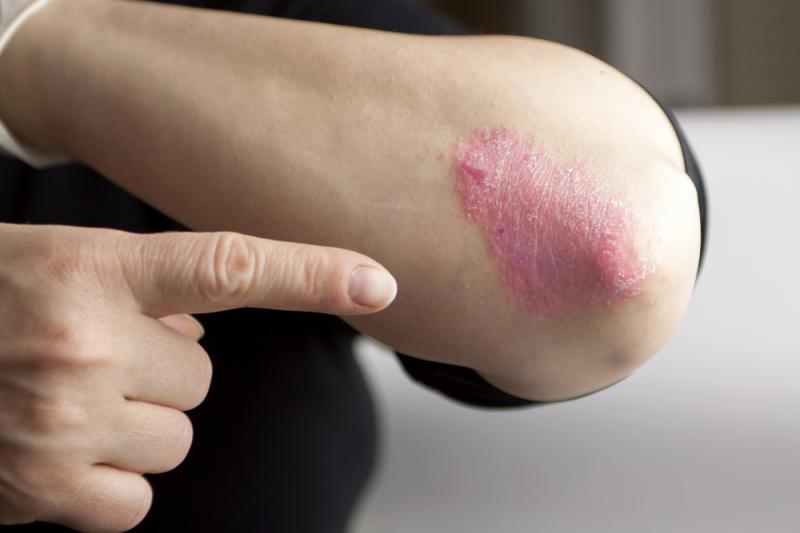
Use of biologic medications to treat erythrodermic psoriasis (EP) is well-tolerated by and induces positive responses in patients, with a weak recommendation and limited quality of evidence in favour of infliximab, ustekinumab, ixekizumab, and guselkumab, a recent study has shown.
The investigators analysed the evidence of biologic medications in the treatment of EP based on response and tolerability. They carried out a comprehensive search of the following databases through 31 December 2018: PubMed, Embase, Scopus, and Cochrane Library.
Studies were eligible if they reported one or more cases of EP, defined as >75-percent body surface area involvement, in patients aged ≥18 years who were treated with biologics. The investigators also documented adverse events, baseline Psoriasis Area and Severity Index (PASI) score, and score improvement. Adequate response to treatment was defined as PASI ≥50.
Forty-three articles met the eligibility criteria, which yielded a total of 179 patients. Most patients responded at some point during treatment, with a higher level of evidence for infliximab, ustekinumab, ixekizumab, and guselkumab. The most common adverse event reported was infection, which occurred in 35 patients.
This study, however, was limited by data obtained from case reports, case series, and uncontrolled studies only, according to the investigators.
“Biologic medications for plaque psoriasis have been used to treat EP,” they said. “Since the guidelines for management of EP were published, new biologic medications have been approved for the treatment of plaque psoriasis.”